8, February 2019
Southern Cameroons War: France to continue military cooperation with Cameroon 0
France aims to continue its defence cooperation with Cameroon “in which it acts according to current international norms”, French Foreign Ministry’s spokeswoman Agnes von der Muhll said on Thursday.
“In full compliance with international humanitarian law and the law of armed conflict, this cooperation is intended to help Cameroons security and defence forces to combat terrorism, and particularly Boko Haram in the northern part of the country, while protecting local populations,” von der Muhll told reporters.
The spokesperson noted that France’s structural cooperation on security and defence issues with its former colony also focuses on officer training.
Asked if Paris was considering halting military assistance to the West African country in response to alleged human rights abuses there, as Washington has done, she said “this cooperation is ongoing.”

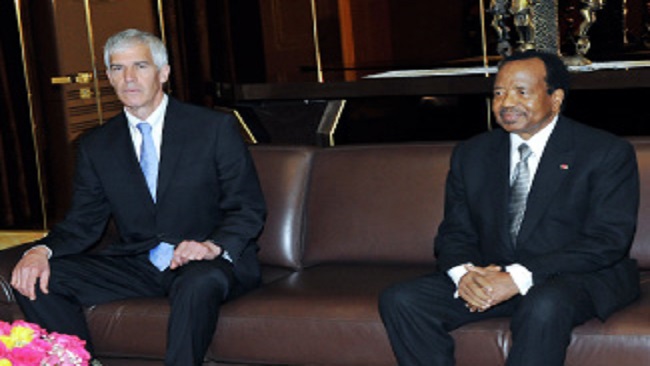

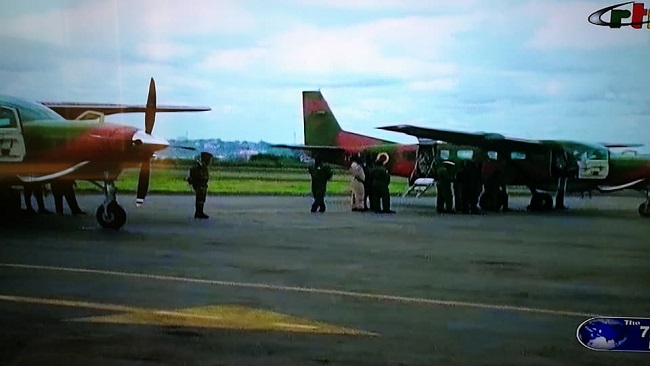
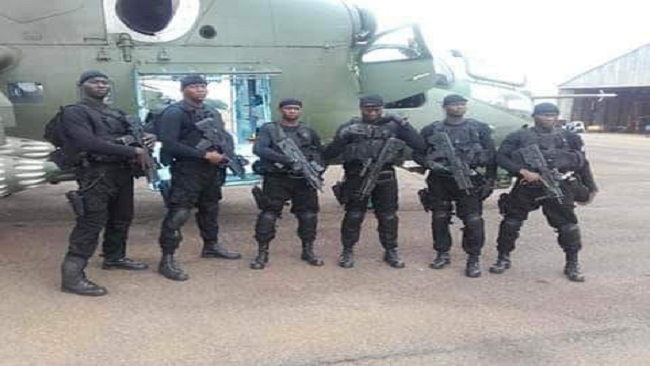



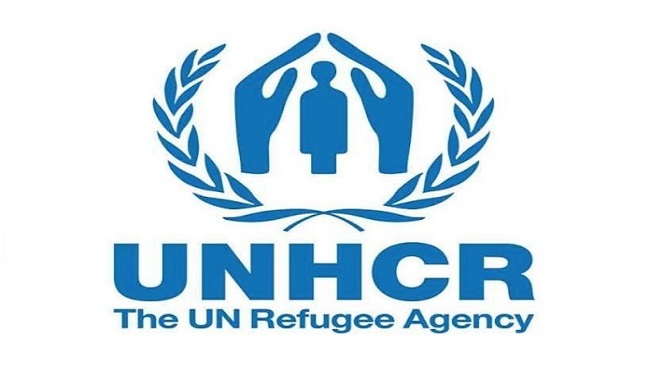
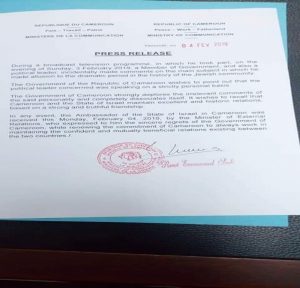


















8, February 2019
US can no longer ignore alleged atrocities by Cameroon gov’t forces-Gen. Waldhauser 0
The United States has cut some military aid to Cameroon over human rights concerns but the countries’ relations remain excellent, the U.S. ambassador asserted Thursday, while the central African nation’s government remained silent. France said it would not follow the U.S. lead despite a call by Amnesty International for other donors to take similar action.
The U.S. move against a key security partner, confirmed late Wednesday, came after videos circulated online last year showing Cameroonian forces shooting and killing civilians, including women with small children strapped to their backs. The videos were verified by Amnesty International and other global media outlets.
Cameroon is fighting both a separatist movement in its Southwest and Northwest regions and Boko Haram extremists in the Far North, with some attacks carried out by women. The State Department has urged “greater transparency in investigating credible allegations of gross violations of human rights by security forces.”
“We are not going to stop security cooperation with Cameroon. We have our differences, Cameroon is a sovereign country and the United States is a sovereign country,” Ambassador Peter Henry Barlerin said Thursday after meeting with Cameroon’s government spokesman Rene Emmanuel Sadi. “Relations between Cameroon and the United States are excellent and longstanding and we aim to continue that relationship.”
The Pentagon and State Department said the reduced U.S. support involves armored vehicles, boats, aircraft upkeep and parts, helicopter training and an invitation to a partnership program. Some 300 U.S. troops are based in the northern town of Garoua to train and assist Cameroon’s military, including in its fight against extremism.
In Washington, the head of the U.S. Africa Command, Gen. Thomas Waldhauser, told the Senate Armed Services Committee that he had met with Cameroon’s President Paul Biya alongside the U.S. ambassador before elections in October.
“We were very emphatic with President Biya that the behavior of his troops, the lack of transparency, could have a significant impact on our ability to work with them,” Waldhauser said. The U.S. has put on hold several security assistance programs in recent months, he said.
The U.S. military’s main role in Cameroon is limited to training local counterterrorism forces to combat Boko Haram and “they have been a good partner with us, counterterrorism-wise,” Waldhauser said. Nonetheless, he added, the U.S. cannot “neglect the fact that there are alleged atrocities in what’s gone on there.”
Waldhauser said AFRICOM will continue to take cues from the State Department and the ambassador on security assistance.
U.S. Marines assigned to Special Purpose Marine Air-Ground Task Force-Crisis Response-Africa ground combat element trained with the Cameroon Marines in infantry tactics at a training site in Cameroon, Feb. 14, 2018. (Gunnery Sgt. Rebekka S. Heite/Marine Corps)
The security and human rights concerns have posed a challenge for 85-year-old Biya, one of Africa’s longest-serving leaders. He became president in 1982 and won another term in October, after which the military launched fresh offensives against the separatists.
The United Nations has said some 430,000 people in the Southwest and Northwest regions have fled the fighting between security forces and English-speaking separatists who seek independence from the largely French-speaking country.
In December, the top U.S. diplomat for Africa, Tibor Nagy, said he feared the separatist crisis could get “much, much” worse and warned against a “brutal response” to extremism. Cameroon’s government in the past has said it would investigate alleged abuses.
Local businessman Eric Njowir welcomed the U.S. decision, saying he hoped other countries will take similar action. Countries that help Cameroon militarily also include Israel, Germany and China. “What the military has been doing is against human rights and human freedoms,” Njowir said. Source: MilitaryTimes